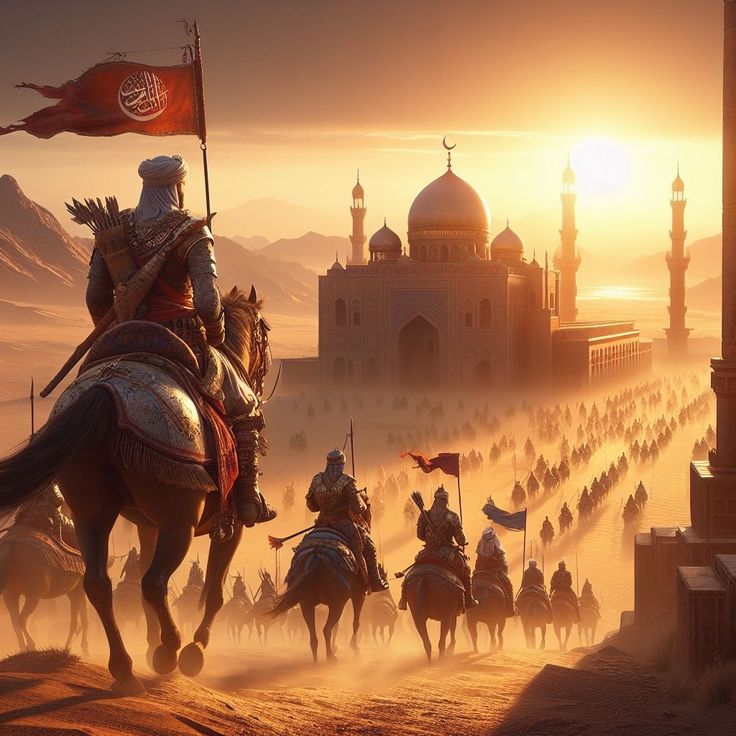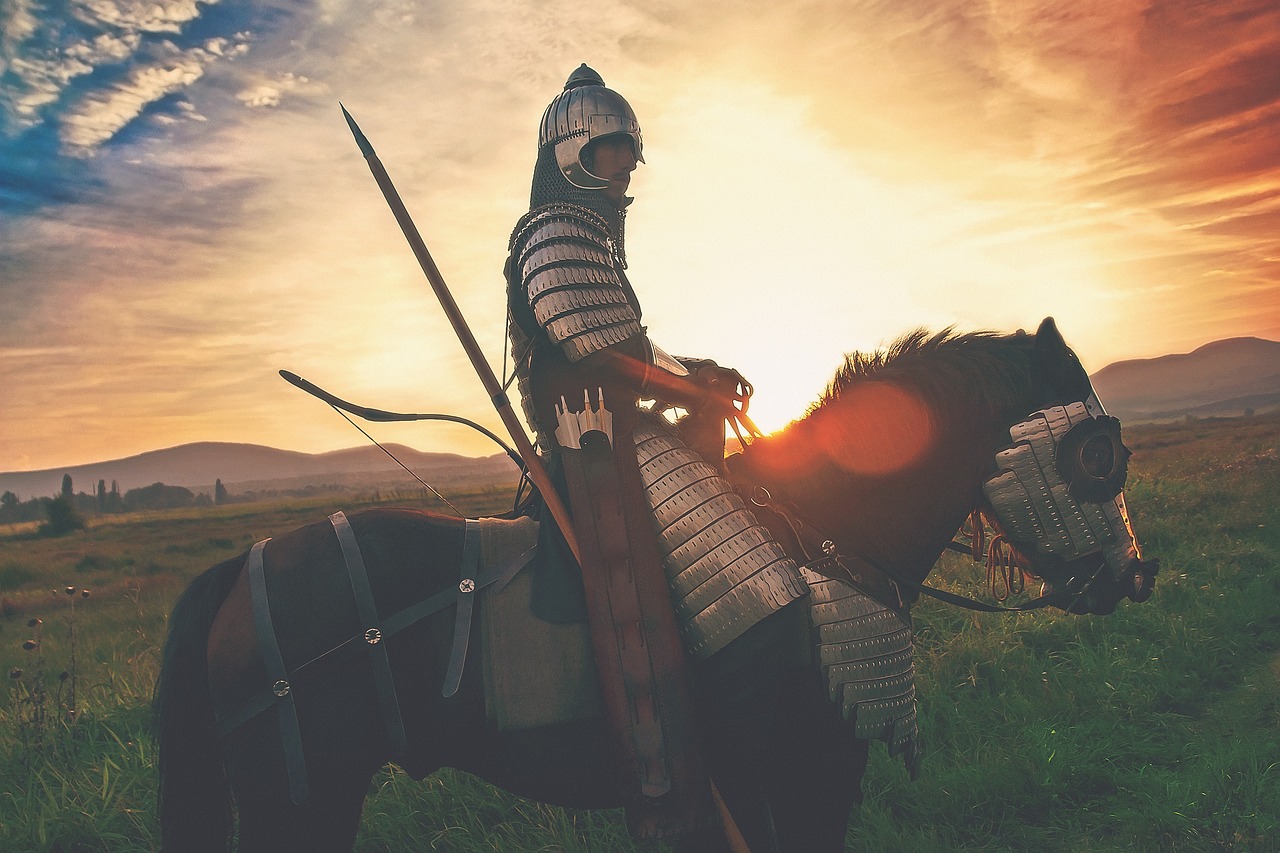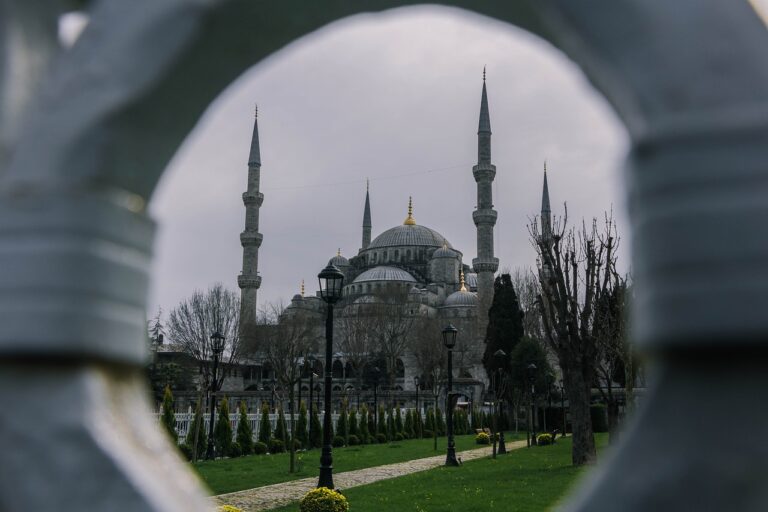The time of our beloved Prophet Muhammad (peace be upon him) saw several significant battles as Islam emerged and spread in the Arabian Peninsula. These battles played key roles in our lives as Muslims, the five most notable battles include:
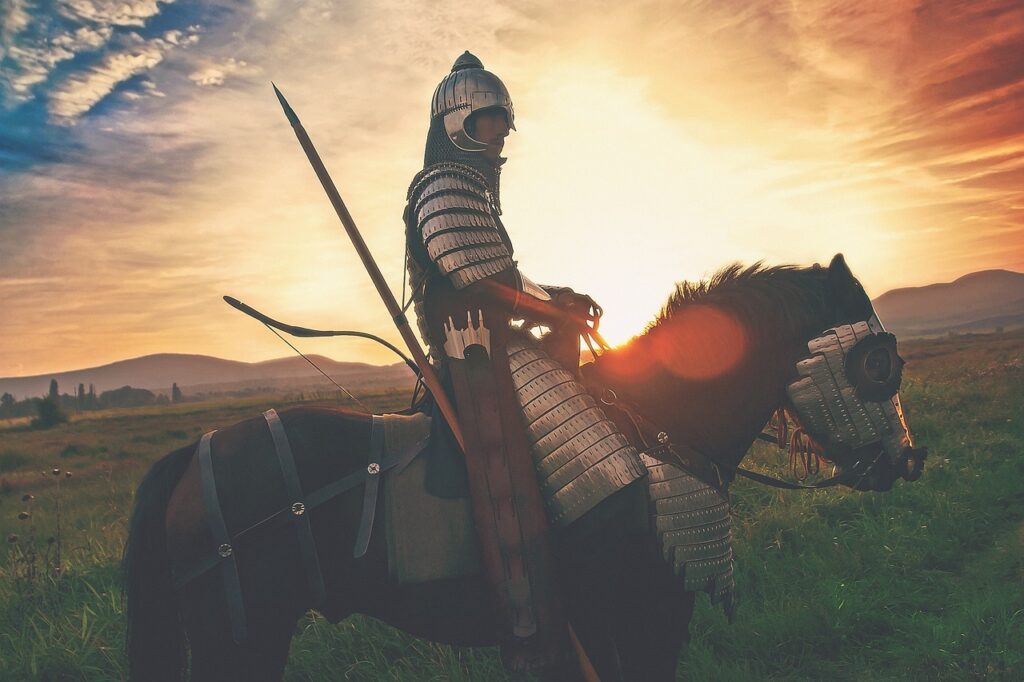
1. Battle of Badr:
This battle is often viewed as a turning point in our prophet’s mission, transforming the Muslim community from a small group of emigrants into a significant force in Arabian politics. The Muslims were hugely outnumbered in this battle, 313 Muslim men against a thousand Meccans who mostly were pagans at the time took part in this great battle.
The Muslims got a decisive victory despite being heavily outnumbered, many prominent Meccan leaders were killed or captured hence boosting the morale and belief in the Muslims. The Quran refers to this battle, describing it as a day when truth was distinguished from falsehood (Yawm al-Furqan).
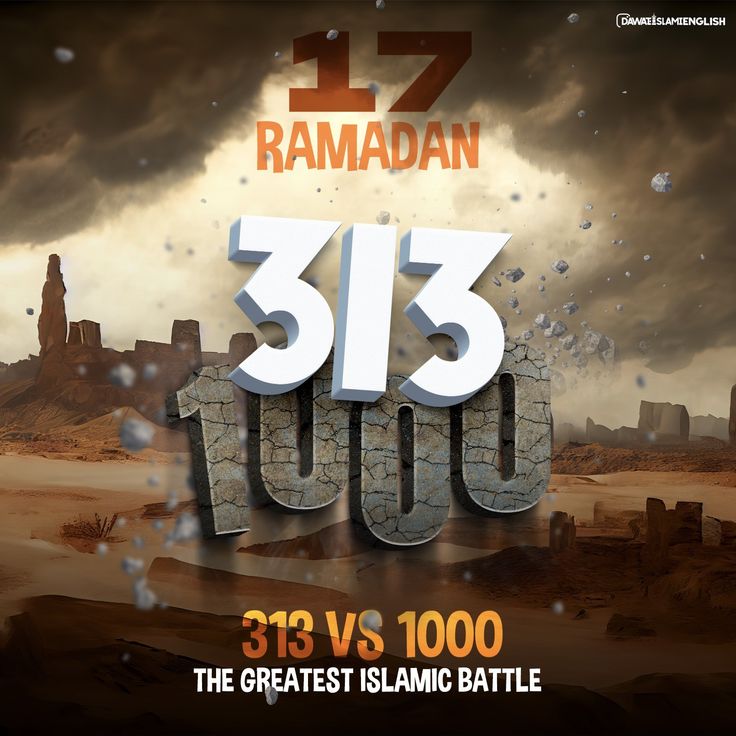
2. Battle of Uhud
This battle is often cited in Islamic teachings as an example of the consequences of disobedience and the importance of faith in times of adversity. The Battle of Uhud was the second major battle in Islamic history, and it was in this battle that the Prophet was injured and seventy Muslim soldiers killed including the prophet’s uncle Hamza (RA). Muslims did not win this battle but gained an important lesson of obedience and trusting the prophet (peace be upon him) in all situations.
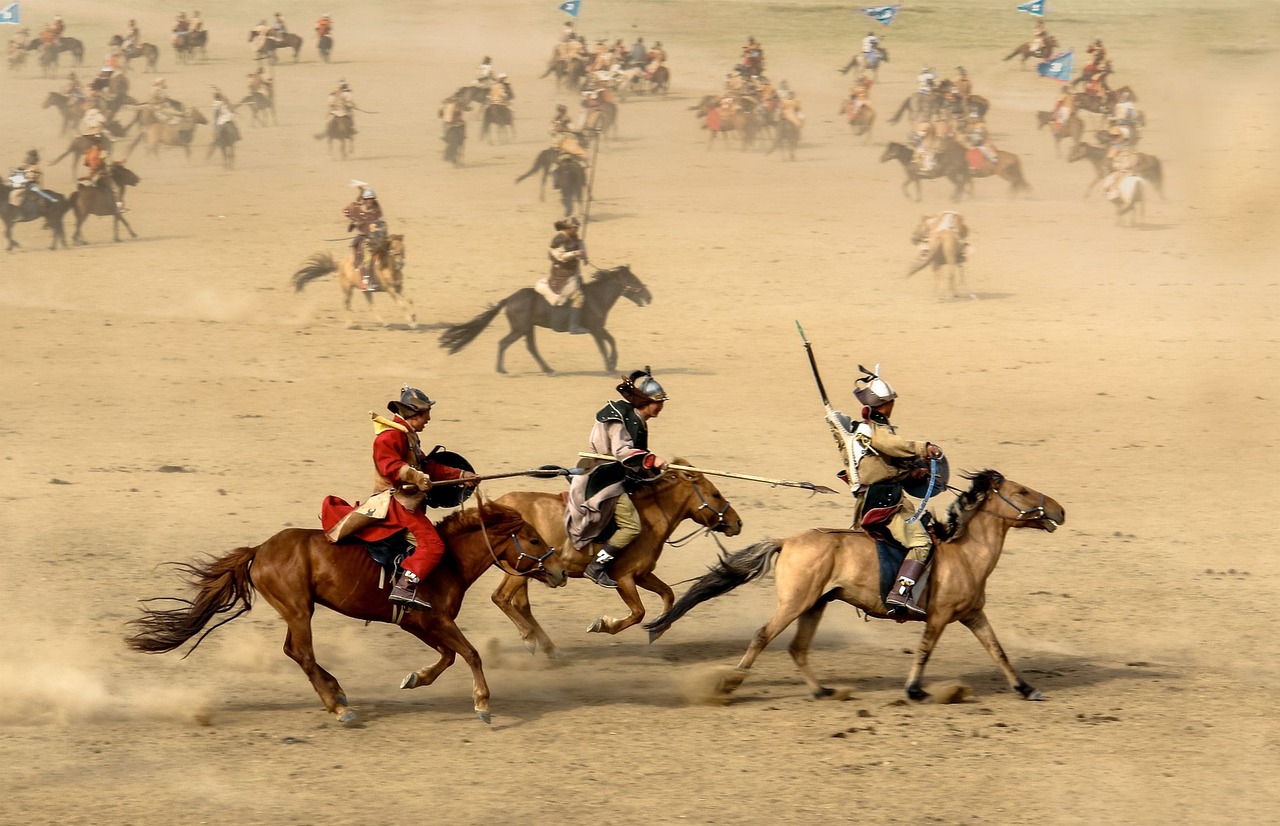
3. Conquest of Mecca
This event is considered one of the most important in Islamic history, marking the transition of Mecca from a polytheistic center to the heartland of Islam. It’s often highlighted for its relatively peaceful nature and our beloved prophet’s gesture of reconciliation towards his former opponents. Following the violation of the treaty of Hudaybiyyah by the Quraish and the people of Mecca, the prophet Muhammad (peace be upon him) marched to Mecca with a large force, intending to avoid bloodshed.
The Quraish realizing they were outnumbered, chose not to resist. Upon entering the city our beloved prophet granted a general amnesty, including to many of his former enemies which led to the widespread acceptance of Islam among Meccans. The prophet then cleansed the Kaaba of its idols, restoring it as a center of monotheistic worship. The conquest of Mecca is remembered for its demonstration of mercy, forgiveness, and humility in victory.

4. Battle of Khandaq
The Battle of Khandaq, also known as the Battle of the Trench took place in 627CE, which occurred about two years after the battle of Uhud. During that time the famous sahabi by the name Salman Al Farsi came up with the brilliant idea of digging a huge trench around Medina to defend against cavalry attacks.
The Confederates were surprised by the trench, which was an unfamiliar tactic in Arabian warfare at the time. They attempted to penetrate the trench defense but came of no progress this then led the enemy to siege the town but they eventually gave up and the battle became a significant victory for the Muslims who defended Medina.
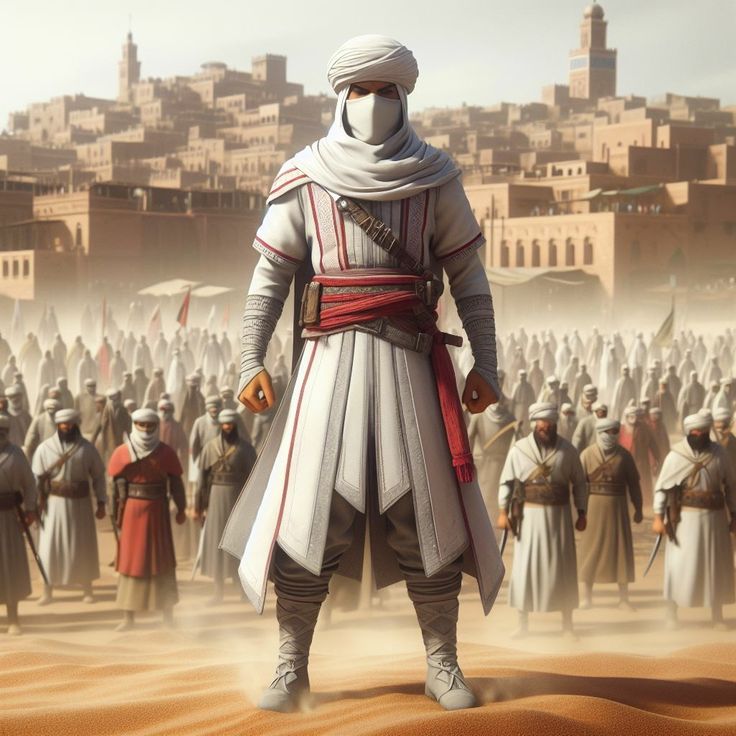
5. Battle of Hunayn
After the conquest of Mecca prophet Muhammad (peace be upon him) sought to consolidate the Muslim community and address ongoing resistance from surrounding tribes. The Hawazin and Thaqif gathered their forces to challenge the Muslims, believing they could resist the rising power of the prophet.
The battle began when the Muslims, numbering around 12,000, initially faced difficulties due to the enemy’s surprise attack and the rugged terrain. The opposing forces utilized their knowledge of the land to launch a sudden assault, causing confusion and disarray among the Muslim ranks. Many Muslim fighters fled the battlefield, leading to a precarious situation.
However, under the leadership of the prophet, the Muslims regrouped. The Prophet rallied his forces, emphasizing unity and faith, which inspired them to return to the fight. The Muslims eventually turned the tide of battle, and after fierce combat, they prevailed over the Hawazin and Thaqif.
The Battle of Hunayn is significant not only for its military outcomes but also for demonstrating the importance of leadership and faith in overcoming challenges.
